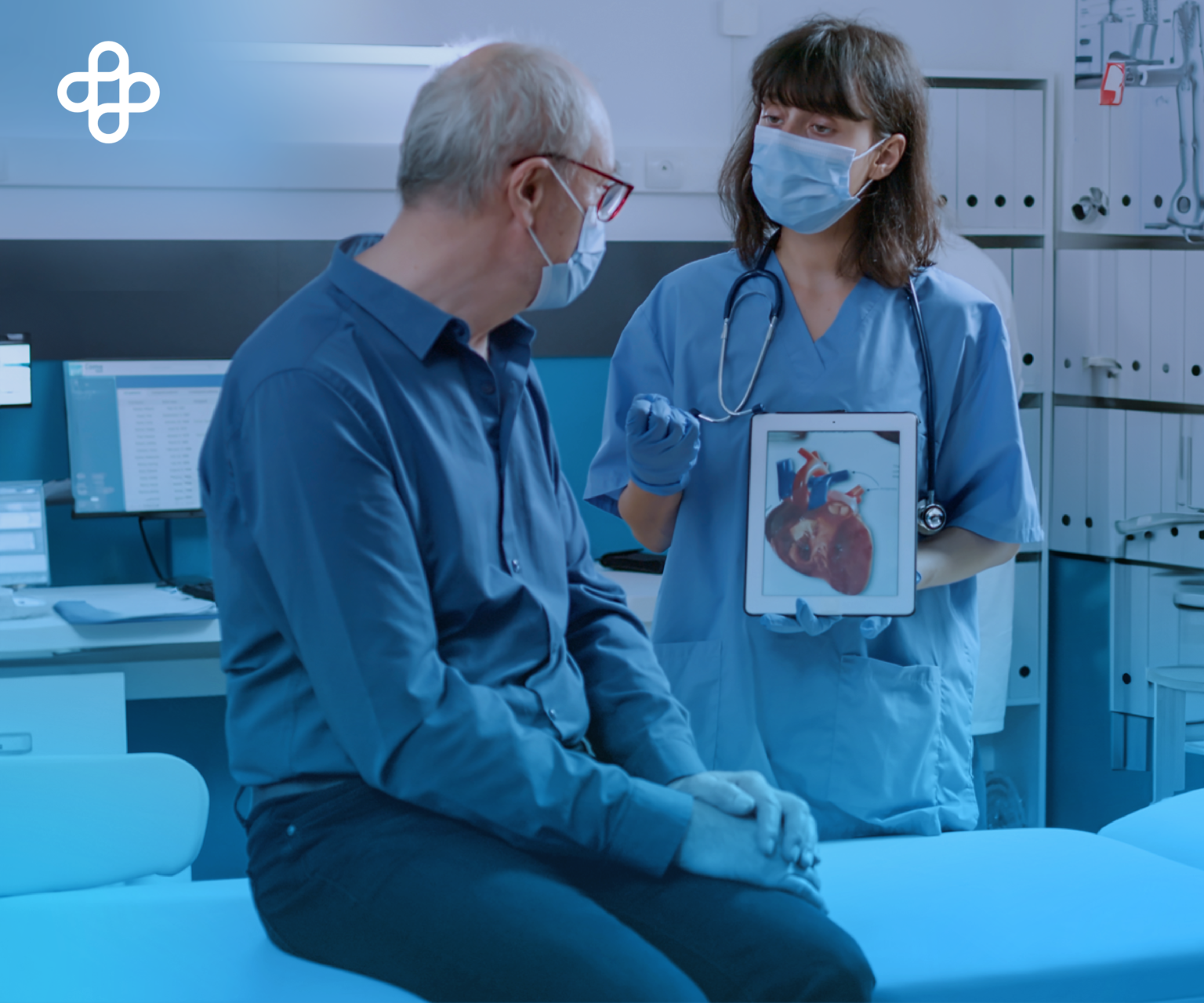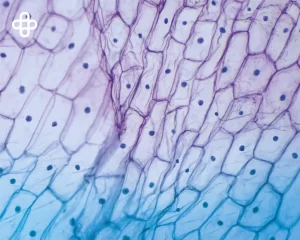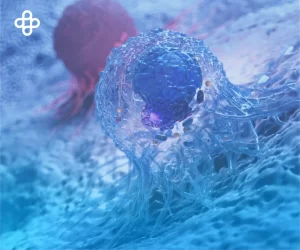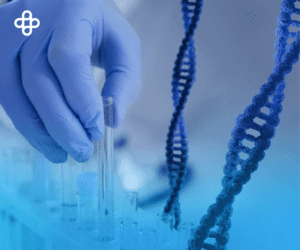Stem cell regenerative therapy for blood pressure. The advancement of regenerative stem cell therapy has garnered significant attention in the medical community for its potential to treat a wide range of chronic diseases. Among these, hypertension, or high blood pressure, stands out as an area with remarkable promise. Stem cell therapy can regenerate damaged tissues and assist in regulating essential functions like blood pressure control, a leading cause of cardiovascular diseases worldwide.
What is Hypertension, and How Does It Affect the Body?
Hypertension, commonly known as high blood pressure, is a chronic condition where the arteries face increased resistance to blood flow, forcing the heart to exert more effort. Over time, this additional pressure can damage blood vessels, the heart, kidneys, and the brain, raising the risk of heart attacks, strokes, and kidney disease. While current treatments, such as lifestyle modifications and antihypertensive medications, are beneficial, many patients struggle to achieve optimal blood pressure control.
Stem Cell Regenerative Therapy: An Innovative Solution
Stem cell-based regenerative medicine has shown promising results in repairing damaged tissues and organs. These cells have the unique ability to self-renew and differentiate into various specialized cell types. Potentially restoring normal function in organs impacted by hypertension.
Recent studies suggest that mesenchymal stem cells (MSCs), primarily derived from bone marrow and adipose tissue, possess anti-inflammatory and regenerative properties that can aid in repairing damaged blood vessels and normalizing blood pressure. MSCs can differentiate into vascular endothelial cells, the tissue lining blood vessels that regulate blood flow.
Clinical Studies on Stem Cell Use for Hypertension
One of the most notable studies on this topic was published in Stem Cells Translational Medicine in 2022. This clinical trial demonstrated that mesenchymal stem cells significantly lowered blood pressure levels when administered to patients with refractory hypertension (unresponsive to conventional treatments). In this study, over 50 patients received direct MSC injections into the vascular system.
Another study by the Journal of Hypertension 2023 highlighted that umbilical cord-derived stem cells might use immunomodulatory mechanisms. To reduce systemic inflammation, a crucial factor in developing chronic hypertension.

Mechanisms Behind Stem Cell Effects on Blood Pressure
The success of stem cell therapy in blood pressure control can be attributed to several mechanisms:
- Vascular Endothelium Regeneration. MSCs can differentiate into endothelial cells, restoring the blood vessels’ inner lining. This contributes to improved vascular elasticity and reduced vascular resistance.
- Anti-inflammatory Properties. An essential function of MSCs is their ability to decrease systemic inflammation. Chronic inflammation is closely associated with hypertension; stem cells can suppress inflammatory cytokines, reducing blood pressure.
- Angiogenesis. Stem cells can promote the formation of new blood vessels, known as angiogenesis. This process improves blood flow in damaged areas, reducing the strain on the cardiovascular system.
- Immune Modulation. Stem cells actively regulate the immune system, which may be vital for patients with hypertension linked to dysregulated immune responses.
Challenges and Future Prospects
Despite the optimism generated by initial clinical studies, the use of stem cells for hypertension treatment still faces challenges. One major hurdle is the variability in results among different patients, which may stem from genetic differences, lifestyle factors, and other health conditions. Additionally, ensuring long-term safety remains an active research area. Confirming that stem cells do not cause adverse effects, such as tumor formation or unexpected immune responses is essential.
However, the future of regenerative stem cell therapy is promising. New techniques, including genetic editing and tissue engineering, are enhancing the efficacy and safety of these therapies. Furthermore, research continues to expand the potential applications of stem cells beyond hypertension, aiming at various cardiovascular and chronic diseases.
Finally, visit our article Enhance Your Heart Health Naturally with Stem Cells





